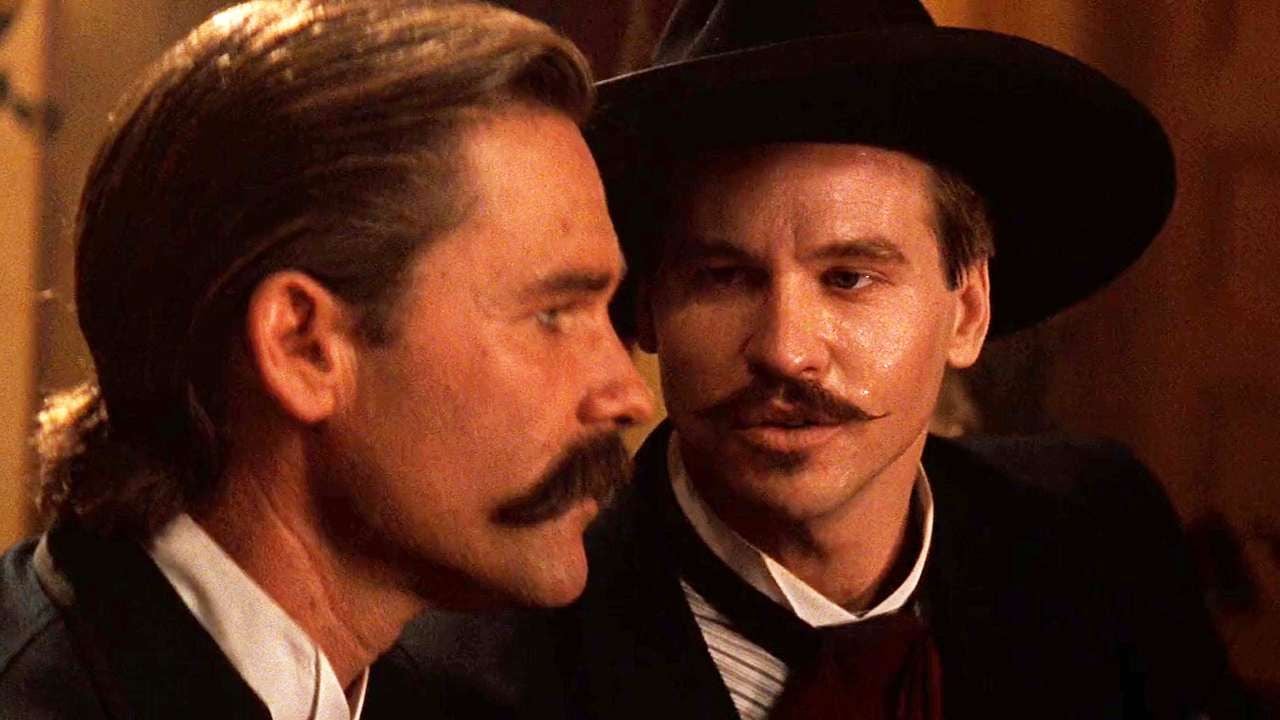A now forgotten figure, except for lending his name to an important public road, is Ferreira Vianna. Antônio Ferreira Vianna is a Gaucho from Pelotas, where he was born on May 11, 1832. He arrived in Rio where his father, a Portuguese businessman, settled. He attended Colégio Pedro II, came to São Paulo and after attending Arcadas, defended his theses and obtained his doctorate in 1856.
Here it was a preponderant presence in the academic world. He was part of the Ateneu Paulistano, which brought together the elite of academic culture. He was his orator and frequent collaborator on the organ called “Ensaios Literários”.
He returned to Rio and was appointed Public Prosecutor by the Minister of Justice, Nabuco de Araújo. He stood out for his intelligence and became famous when the Government retired by decree some Supreme Ministers and he, using the press, lambasted the authorities responsible for the violence.
He was fired from the government, but gained the appreciation of the citizens. Rio’s lawyers offered him a golden crown, given his patriotic courage in taking the side of those who had been wronged and not those in power. Augusto Teixeira de Freitas spoke on behalf of the jurists, which allows us to evaluate the validity of the homage.
Ferreira Vianna then began practicing law. In his reminiscences he confesses: “If I had to start my life over again, I don’t know what other profession I would choose other than that of a lawyer. It can be exercised with all dignity and independence. I have never made a contract or assumed an obligation. I give my clients all the freedom to act: they can leave me whenever they want; but I reserve the same freedom for myself too. I have never set the price of my services. I have always left it to the discretion of the voter. Naturally many have not paid me; others have paid poorly. But some paid me so much that they made up for what others didn’t give.”
At the same time he practiced journalism, through the columns of “Correio Mercantil” and “Diário do Rio”, as well as writing for “Nação”, a newspaper he founded together with Andrade Figueira.
The prestige acquired in his forensic work and journalistic activism guaranteed him to be elected deputy of the Conservative Party. Parliamentary success was immediate. He found in Parliament a host of speakers who had distinguished themselves since 1840, with the Revolution of the Age of Majority.
His speeches were not published. But, as Rodrigo Octávio says, «discourses that benefit from reading are rare. The speeches to be read are above all those of great writers, or great thinkers, more a work of study, of thoughtful meditation, than a spontaneous product of the liveliness of the spirit, the facility of speech, the enthusiasm, the eloquence. Of course, these thinkers also improvise, not because they have, like certain tribunes, the same amount of spontaneity in their diction, but because, as Jeremy Bentham said, in a very happy concept, “improvisation is nothing more than scholarship digested.”
To know what Ferreira Vianna was like as a parliamentary president, it is necessary to seek the testimony of his contemporaries. And they say that he was a serene, balanced spirit of opposition and, for this reason, capable of awakening in the conscience of his political opponent that hint of doubt sufficient to rethink his position.
A parliamentary chronicler, Eunapio Deiró, observes: “Without a doubt it is easier to note the qualities he lacked than to highlight those he possessed; he certainly did not have the imperious and oppressive dialectic of Zacarias de Góes. He did not possess the vast, warm speech of Jequitinhonha He did not succeed in the short, fast and ironic sentence of Cotegipe. He did not have the strength of reasoning in which Angelo Ferraz was strong. He did not boast the solemn and masterly style of Inhomirim nor the aticism of Ottaviano, nor the luminous expositions of the senators Fernandes from Cunha and José Bonifácio. Like them Ferreira Vianna was a fruitful improviser, but meditative. At times one might suppose that he was absorbed in the soliloquies of a solitary man. At other times, his eloquence resembled the pale accent of a prophet’s voice. In certain moments, indignation vibrated in his voice, strong and strident notes that struck his opponents with precision. The journalist reappeared, the implacable fighter. He was a unique orator.”
Where are the followers of Ferreira Vianna, whose oratory was the catapult that brought him to the height of respect, both among supporters and opponents, but also endowed with a sort of fervor and genuine admiration? To whom can we dedicate this worship today?
Source: Terra
Rose James is a Gossipify movie and series reviewer known for her in-depth analysis and unique perspective on the latest releases. With a background in film studies, she provides engaging and informative reviews, and keeps readers up to date with industry trends and emerging talents.






